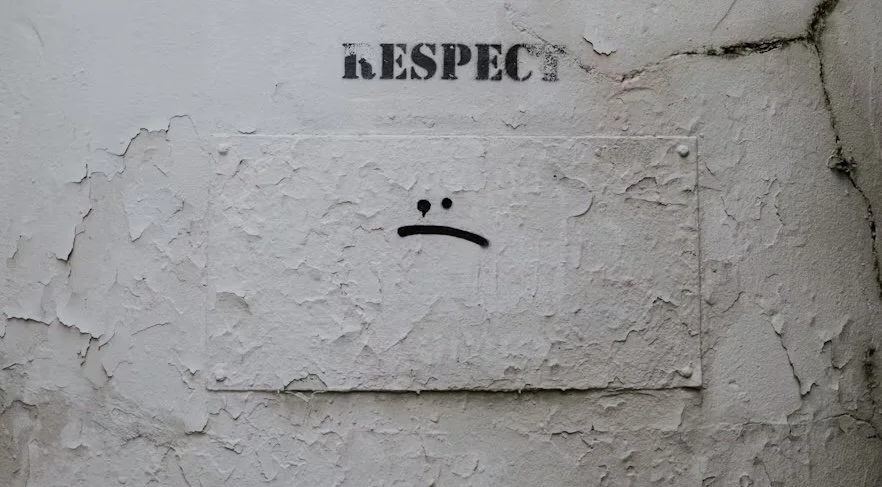Winning Stories Show Respect For Our Listeners
We demonstrate respect with our content, and with our intent
Workplace conflict and its causation has been an important topic of discussion for HR departments and team leaders since the 1960s. Internal arguments between employees, poor interpersonal communication, frustrations from under-resourcing or unclear processes, and general job dissatisfaction lead to unfortunate and costly conflicts. But most take root in deeper emotional and psychological judgments that boil down to one word: Respect.
“Our leadership doesn't know what they're doing!”
“My boss is a jerk!”
“They don't pay me enough to put up with this $%#*!”
When we feel disrespected, we rebel; When we feel we're getting the respect we deserve, we comply.
Whether disrespect is deliberate or unintended, the negative result is the same. Sometimes a simple apology and slight correction can resolve a perceived lack of respect. Other times the damage is done and the wall goes up. As speakers, we can avoid potential conflict with our audience by respecting them with our content, and with our intent.
Meet the challenge, solve the problem
Winning #CorporateStorytelling offers instant, unmistakable respect for our listener's current reality and their unique need for meaningful, actionable change. After all, that's why they've engaged with us to begin with, in hopes we'll provide the value that meets their challenge and solves their problem.
Anyone who attends our talk, meeting, or workshop is there to find a better, smarter, faster, cheaper way of working, living, or reaching a new plateau of success. We're there to provide it.
We show respect for the listener's valuable time and attention by telling their story and giving them what they came for. We disrespect them by ignoring their needs in favor of our own self-serving message, being unprepared or unclear in the value we offer, or pressuring them with a blunt product pitch.
Get to the point
At the same time, our story must show respect for their limited bandwidth and already overburdened mind share. Humans arrive in our session or meeting taxed and stressed; We respect that relaity by keeping our message tight and quickly delivering the value they seek.
Our audience loves when we open a productive dialogue that includes their perspectives along with our own, and when we solve their problem with clarity and specific steps to achieve success. They feel disrespect when we talk about ourselves, ramble on too long, cram too much information into their brains, and lecture rather than engage.
Bottom Line
Neil Blumenthal says, “A workplace that encourages self-awareness is an environment where the most productive, curious, and innovative people thrive."
Self-awareness directs our message, honing our #CorporateStorytelling to assure we deliver value, and guiding our intent to treat others with respect. When we demonstrate disrespect as team leaders or session speakers, the conflict flares and the walls go up. The better we are at telling a respectful story, the more we help our listeners become productive, curious, and innovative.




